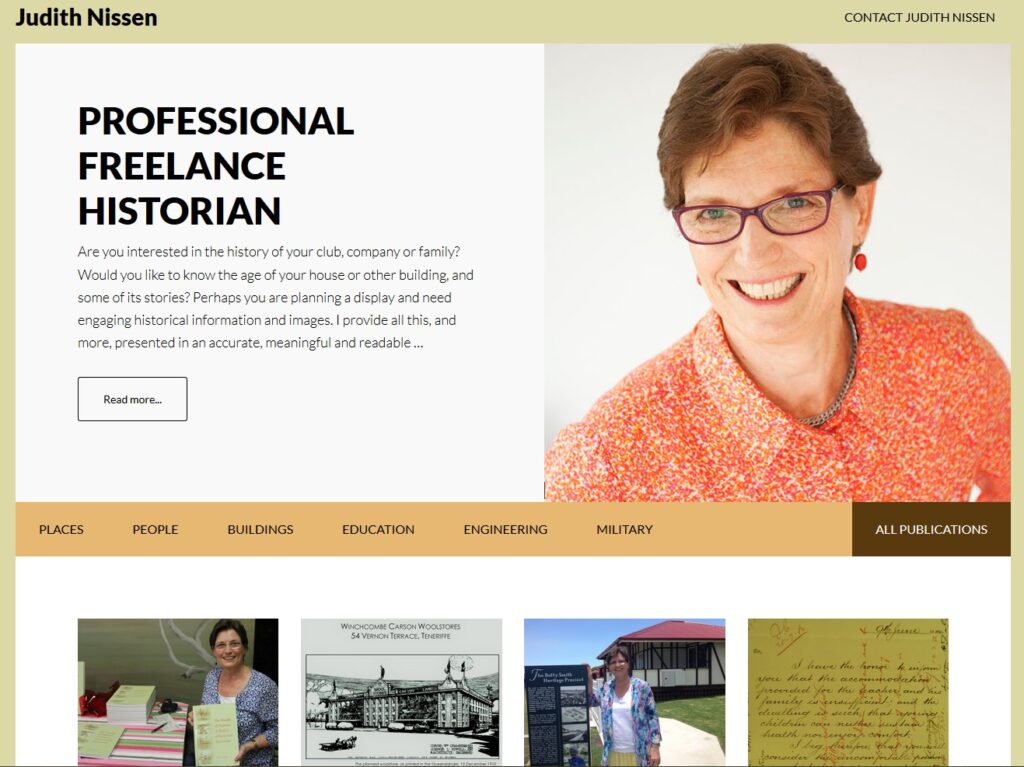
I have been very quiet on this blog over the last year. It may look like this duck is gliding quietly through life, but underneath it all I have been paddling furiously.
Over the last year I have been developing websites. This involves getting under the hood and doing some coding. You see, I am a hybrid creature. I am a writer, but I am also a bit of a geek. I learned programming at school and university while qualifying as an accountant. Early in my working life I scared the men in my audit team by suggesting we use a spreadsheet. This was an avant-garde suggestion in 1986 and one that they could not countenance. Over the years I found myself being the unofficial interface between the IT support team and the struggling users of technology in the various offices where I worked. I enjoy explaining technical concepts in everyday language, but I can also flip and communicate to IT developers so they get the information they need to hear.
It was natural that I would dive into the world of digital humanities – the discipline that puts the arts into STEM and makes it STEAM. I stumbled on the #digitalhumanities and related hashtags on Twitter which opened a world of blogs and websites that enabled me to learn more. Australian pioneer digital humanist, Tim Sherratt of course has been a huge influence. So many of us have been helped by the unconferences he has organised as well as his workshops and talks. I love Tim Hitchcock’s and Sharon Howard’s use of technology to gain a greater understanding of historical processes. Rigorous historical methods are at the core of the digital humanities work of historians. Technical skills without rigorous training and practice of historical methods yields garbage. I am sure that you have all seen examples of historical rubbish online.
Digital history has gained prominence over the last few years. Historians are increasingly embracing technology to share history whether through websites, digitisation, podcasts and videos.
One thing that I have discovered over the last year is how frustrating it can be for historians when working with IT developers who have no understanding of history and heritage. Communication works both ways. IT people use tech talk which is very different to how historians and lovers of history use language. I love being the bridge between a frustrated person ready to throw their computer away and an equally frustrated IT person at a loss to understand why people find it so difficult and are messing things up so often.
And so over the last couple of years, I have increasingly developed my business towards helping people with digital history. Website development is an important part of that. I love this work.
Recently I built a new website for professional historian, Judith Nissen. Judith has worked as a professional historian in Queensland for over twenty years and has an impressive array of work. It was a pleasure to create a website which properly showcases her published histories. Explore Judith Nissen’s website and learn more about the historical work she has done.
An important part of the service I provide is clear communication with the client. I limit the tech talk and if needed, explain technical concepts in everyday words. I can also provide training to groups or individuals. There are plenty of resources online to learn things, but there is nothing like face to face assistance at the pace you need. I love it when someone who has participated in one of my workshops develops the skills and confidence to go onto apply what they have learned in their work.
There is a whole world out there which I have been exploring for the last few years and I learn new things nearly every day. It is not easy and at times it is frustrating, but it is incredibly fulfilling.
There’s no doubt that there are some jobs that really need cross-pollinations of specialist expertise. In his consultancy The Spouse needs an economist to do the numbers, but he uses his initial science degree and his more recent arts degree in philosophy plus his previous understanding of how government works when he was a bureaucrat working in conservation and environment – to develop a scientific and a philosophical rationale for proposals that come before government.
It sounds as if you have found just the right niche for yourself too!
I agree. The world needs specialists, but the world also needs specialists who specialise in bridging the gaps between two or more disciplines. Over the years people have said it is a shame I left accounting, but I haven’t really. I still draw on the skills learned and practised at the beginning of my career.
The tricky thing is beging able to succinctly explain what I can do to prospective clients who are used to thinking about one discipline in isolation from another, eg writers don’t do numbers, historians only work with paper archives.
LOL Tell me about it! In education, we were always having to deal with bean counters who did not seem to understand that children were not products that could be packaged neatly into boxes!
I remember the good old days – Wordstar, dBase and VP Planner (a Lotus clone). I’m afraid when they died my skill set died with them. And freelance historians! Who’d have thought.
I have found the old skills incredibly handy. I have no problem using the command line now because I had so much DOS experience in the late 1980s. I reckon that you could find that you still have some useful skills.